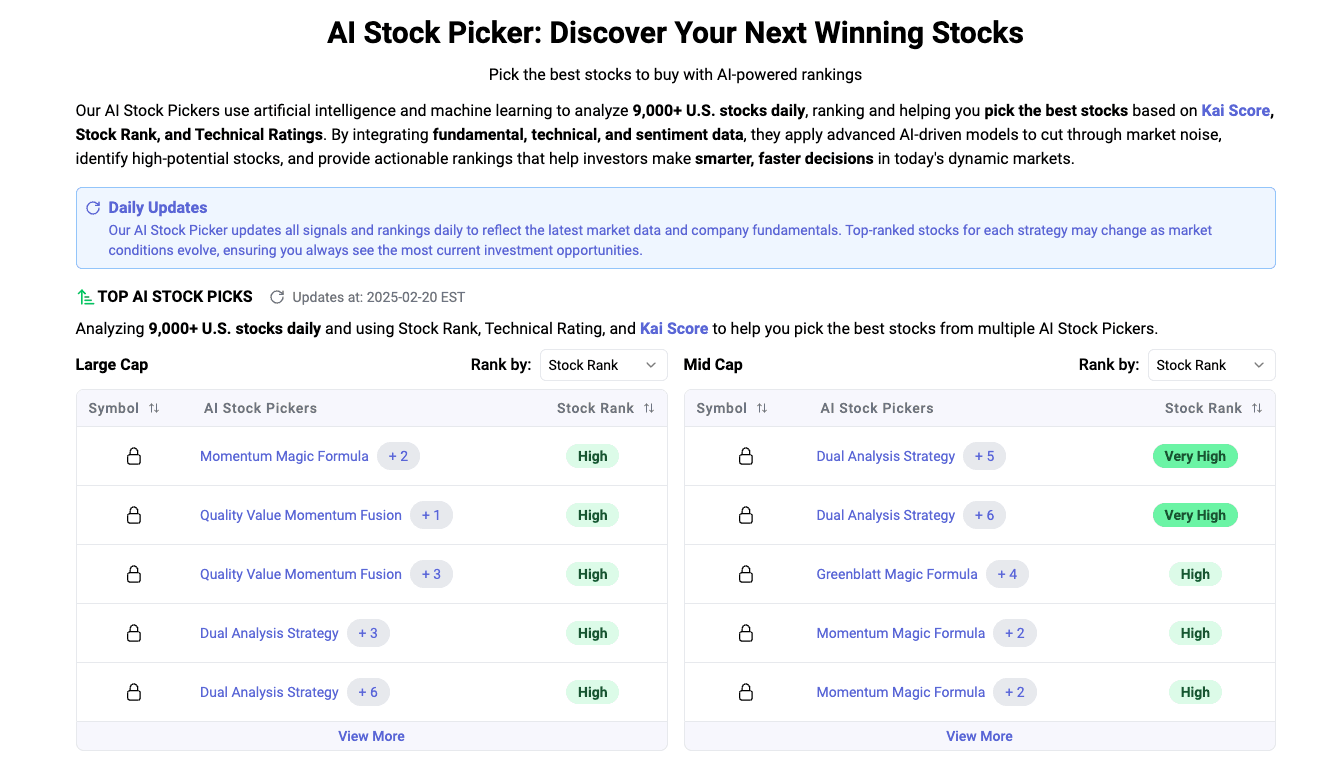MarketLens
Is SoFi Technologies a Strong Investment?
Key Takeaways
- SoFi Technologies has experienced a 40% year-over-year increase in total members, reaching 8.77 million.
- The company reported $21 billion in consumer deposits and a net interest margin (NIM) of 5.83% for Q2 2024.
- Despite challenges such as rising loan loss rates and a short history of profitability, SoFi’s financial services revenue grew 80% year-over-year.
- SoFi’s stock is sensitive to interest rate changes, with a 14% surge in July 2024 following indications of potential interest rate cuts by the Federal Reserve.
- The digital personal finance market is projected to grow significantly, with SoFi well-positioned to capitalize on this trend.
Introduction
Historical Context and Trends
SoFi Technologies was founded in 2011 with a focus on student loan refinancing. Over the years, the company has expanded its offerings to include a wide range of financial products, positioning itself as a one-stop digital shop for consumer finance. This strategic expansion has resonated well with younger, tech-savvy investors who prefer the convenience of managing their finances through a single platform.
Current Market Dynamics
As of Q2 2024, SoFi reported a 40% year-over-year increase in total members, reaching 8.77 million. The company’s aggressive marketing strategy, with nearly $200 million spent in the last quarter, has been instrumental in acquiring new customers. SoFi’s financial services division saw an 80% year-over-year revenue growth, reaching $176 million last quarter. Additionally, the company reported $21 billion in consumer deposits and a net interest margin (NIM) of 5.83%.
However, SoFi faces challenges such as rising loan loss rates, with the charge-off rate increasing to 3.84% from 3.45%. Despite these challenges, the company’s management remains optimistic about the substantial consumer banking opportunity in the U.S., setting the stage for future profitability.
Sensitivity to Interest Rate Changes
SoFi’s stock is notably sensitive to interest rate changes. In July 2024, the stock surged 14% following indications from the Federal Reserve about potential interest rate cuts. This sensitivity reflects the importance of favorable economic signals for SoFi’s lending business. Despite mixed earnings results, with a 20% increase in overall revenue and net income of $45 million, the stock experienced volatility due to decelerating growth rates and market expectations for higher performance.
Competitive Landscape
SoFi operates in a highly competitive market, facing competition from both traditional banks and fintech companies. In the student loan refinancing space, SoFi offers competitive interest rates and unique features such as unemployment protection. However, it faces competition from companies like LendKey and Education Loan Finance, which also offer attractive refinancing options.
In the investment brokerage space, SoFi’s all-in-one platform provides a user-friendly experience with no account minimums, fractional shares, and automated investing options. Despite these advantages, SoFi Invest saw only a 1% revenue increase, facing stiff competition from platforms like Robinhood.
Digital Personal Finance Market Trends
The digital personal finance market is projected to experience significant growth, with an expected annual growth rate of 13% (CAGR) from 2024 to 2031. Key trends in the market include the increasing penetration of smartphones, heightened financial literacy among consumers, and the integration of AI and machine learning to enhance personalized user experiences. SoFi is well-positioned to capitalize on these trends, given its comprehensive suite of digital financial products and services.
Strategic Considerations for Investors
For individual investors, SoFi presents both opportunities and risks. The company’s strong growth in member acquisition and financial services revenue indicates a solid foundation for future growth. However, investors should be mindful of the challenges, including rising loan loss rates and the company’s sensitivity to interest rate changes.
SoFi’s forward price-to-earnings ratio (P/E) of 80 suggests that the stock is priced for significant growth, which may not materialize if the company fails to sustain its current growth rates. Investors should also consider the broader economic environment, including potential interest rate cuts, which could positively impact SoFi’s lending business.
Future Outlook and Projections
Looking ahead, SoFi’s growth potential remains substantial, particularly as it continues to expand its offerings and customer base. Analysts project a 31% upside potential for SoFi stock, with expected interest rate cuts providing a favorable economic backdrop. The company’s financial services division is expected to grow by 50% over the next three years, significantly contributing to overall growth.
However, SoFi must navigate the challenges of maintaining high growth rates amid fluctuating economic conditions. The company’s focus on innovative financial services and aggressive marketing strategies will be crucial in sustaining its growth trajectory.
Conclusion
SoFi Technologies has positioned itself as a leading digital personal finance company, particularly appealing to younger investors. The company’s comprehensive suite of financial products, strong member acquisition, and significant revenue growth in the financial services division highlight its growth potential. However, investors should be aware of the challenges, including rising loan loss rates and sensitivity to interest rate changes.
Overall, SoFi presents a compelling investment opportunity for long-term investors, particularly those who believe in the company’s ability to capitalize on the growing digital personal finance market. As SoFi continues to expand its offerings and customer base, it remains well-positioned for future growth, making it a stock worth considering for individual investors seeking exposure to the fintech sector.
Related Articles
Category
You may also like
No related articles available
Breaking News
View All →No topics available at the moment






